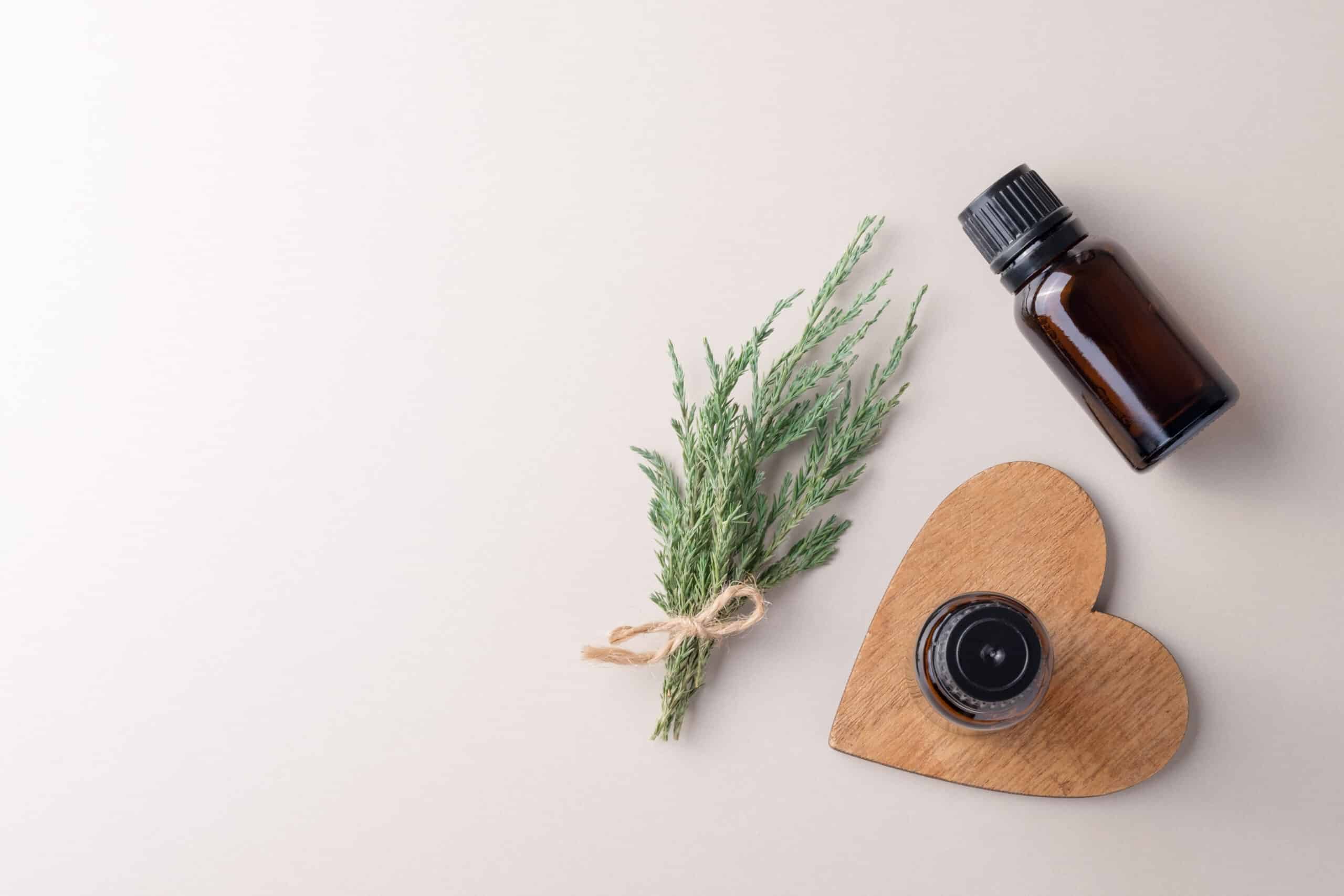Your brand is your promise to your customers. Every ingredient you choose is a part of that promise. In a world of natural products, the purity of your raw materials is everything, laying the foundation of your reputation.
But the market for essential oil suppliers in South Africa is flooded with products of varying quality, from pure, therapeutic-grade oils to cheap, synthetic imitations. For a business owner, choosing the wrong one can be a costly mistake.
How do you know you’re getting the real deal?
This guide is for the discerning buyer who understands that quality is non-negotiable, the manufacturer sourcing bulk ingredients, and the retailer curating a quality branded range.
Red Flags That Put Your Brand at Risk
These are the warning signs that a supplier might not just be low-quality, but a risk to your business.
- Vague Labelling: If a bottle just says “Lavender Oil” without the botanical name (Lavandula angustifolia), that’s a red flag. It could be a synthetic fragrance oil, which damages your product’s integrity and your brand’s credibility.
- Unprofessional Packaging: Pure essential oils are sensitive to light. If they’re sold in clear glass bottles, it shows a lack of care and expertise. Always look for dark, tinted glass with a tamper-evident seal.
- No Paper Trail: A supplier who is hesitant to provide a Certificate of Analysis or a GC-MS report for their oils has something to hide. Transparency is non-negotiable when your reputation is on the line.
Green Flags That Build a Great Brand
These are the signs of a professional partner who will help your business thrive.
- Full Transparency: The best natural oils suppliers are proud of their process. They will clearly state the botanical name, the country of origin and the extraction method.
- Proof of Purity: A great supplier will readily provide a Gas Chromatography-Mass Spectrometry (GC-MS) report. This scientific analysis is your guarantee of the oil’s purity and chemical composition, giving you complete confidence.
- Commitment to Industry Standards: Look for suppliers with recognised organic certifications (like EU or USDA). Membership in local bodies like the Southern African Essential Oil Producers’ Association (SAEOPA) also shows a commitment to the industry and its standards.
What to Look for on a Supplier’s Website
Before you commit, do a final check of their digital storefront. A professional supplier’s website or catalogue should have:
- Easily accessible information on their quality, certifications, and how to request documents like a Certificate of Analysis.
- Check that each oil lists its botanical name, country of origin, and extraction method, as this level of detail shows expertise.
- A good supplier will clearly distinguish between raw materials for manufacturing and a finished, branded range for retail.
- Make sure there is a clear, easy-to-use system for wholesale enquiries, as this indicates they are set up to handle business accounts efficiently.
As one of the leading essential oil producers in South Africa, Nautica Organics is proud to tick all these boxes. We supply pure, certified organic bulk ingredients for personal care manufacturers and also offer a branded range of health products for independent health stores and pharmacies.
Explore our products to see our commitment to quality for yourself, and then get in touch about building something exceptional together.
